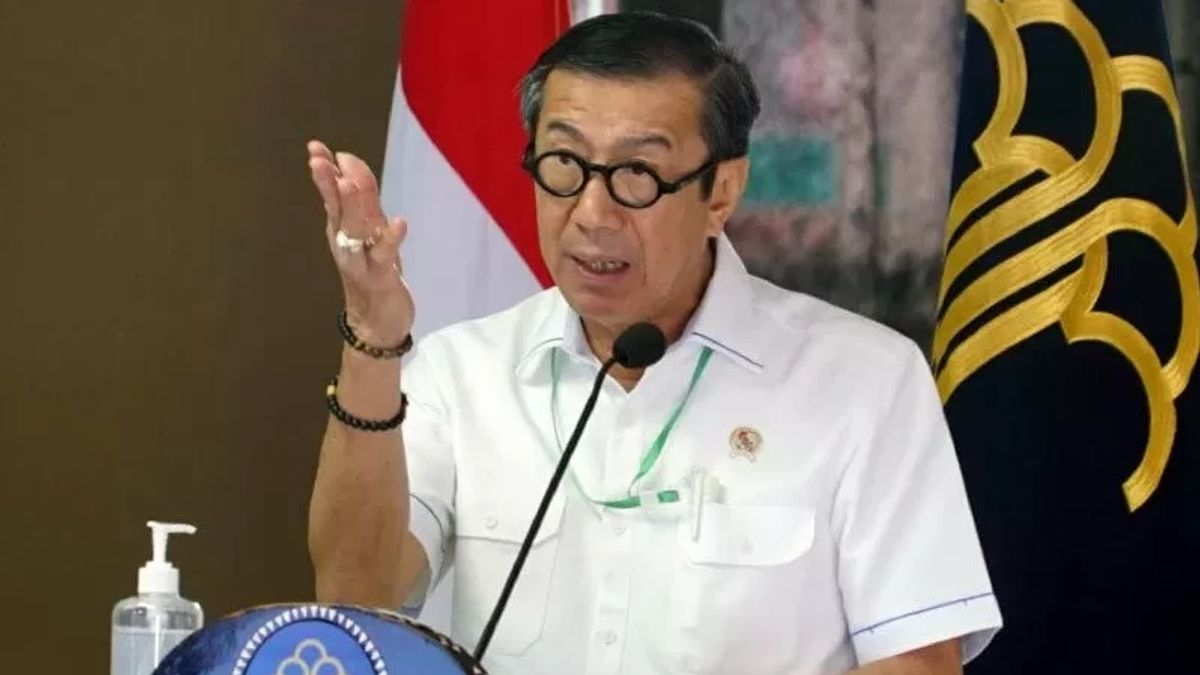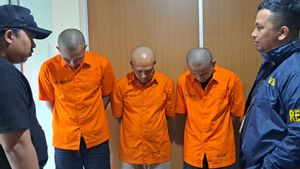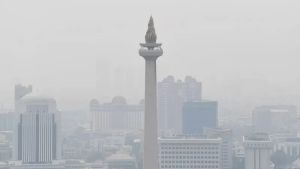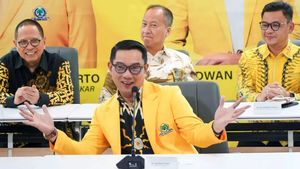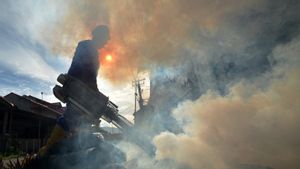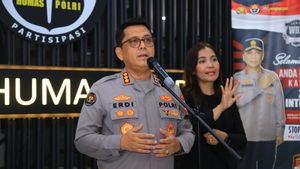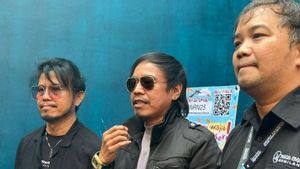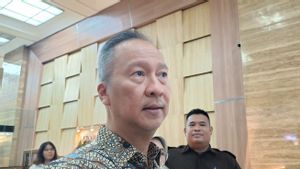JAKARTA - Minister of Law and Human Rights (Menkumham) Yasonna H. Laoly said intellectual property (KI) is an important component of national economic policy.
" Intellectual wealth contributes to the national economy. Many developed countries use the intellectual property system to utilize their intangible assets by protecting patents, brands, copyrights, industrial design and other KI protection," Yasonna said at an activity entitled One Hour with the Minister of Law and Human Rights at HKBP University Nommensen Medan, Friday, November 17, confiscated by Antara.
Likewise, developing countries, he said, also utilize an intellectual property ecosystem consisting of optimal creation, protection, and utilization of KI, copyright, creativity, innovation and, knowledge is used to encourage economic development to realize the economic welfare of the community.
According to Yasonna, a national strategy of intellectual property is needed in realizing the development of the KI ecosystem that can support national economic development.
"The creative economy sector in Indonesia has experienced significant growth and has become an important element and has contributed greatly to building the Indonesian economy," he said.
Intellectual wealth is a process that produces a useful product or process for humans in the form of works of art, literature, design, and technology. Furthermore, the state provides exclusive rights, namely intellectual property rights (HKI) to creators, inventors, designers, and creators of their creative and innovative creations or KIs.
"The current form of ownership of KI can be categorized into two types, namely personal ownership and communal ownership (communal intellectual property)," he said.
He said that in the era of digitalization that has entered the Industry 4.0 era and preparations for the Industrial Era 5.0, the KI aspect became very important because almost all elements that supported this era were KI-based products.
Thus, the KI rights protection system must also be in line with the changes, challenges and opportunities that must be faced. The current global trade system is without boundaries and time (borderless, anytime and anytime).
"KI's problems are becoming more complex because they are not only related to protection issues, but also how the impact of KI's rights on economic, social, political, legal and cultural aspects," he said.
VOIR éGALEMENT:
Yasonna also explained KI's application data, in North Sumatra (North Sumatra) in 2023. The trend in KI North Sumatra's application in the last three years was quite encouraging and there was an increase. During the 2020 pandemic, there were 2,909 KI applications from North Sumatra Province submitted to the Directorate General of KI and increased in 2021 to 3,985.
Then, in 2022 there will be 5,018 applications and this year until the October 2023 period, 6,956 KI applications have been recorded or an increase of around 38.62 percent in the same period in 2022.
He said the geographical indication data (IG) registered in North Sumatra Province for the Type KI Communal (KIK), from 2021 to 2023 it has been recorded and validated as many as 31 KIK with the most types related to traditional cultural expressions (EBT), while for Geographical Indication (IG) which has been registered from North Sumatra Province as many as nine IGs.
For this reason, the Minister of Law and Human Rights expressed his high gratitude and appreciation to all stakeholders, specifically the provincial, district and city governments in North Sumatra along with all ranks, universities and R&D institutions, creative industries, KUKM, related actions, and the ranks of the North Sumatra Ministry of Law and Human Rights Regional Office for their synergy and active role in efforts to encourage an increase in KI applications.
"We hope that these efforts will continue to be carried out and strengthened in order to accelerate regional economic development through the use of the KI system, especially by the people in North Sumatra Province," said Yasonna.
The English, Chinese, Japanese, Arabic, and French versions are automatically generated by the AI. So there may still be inaccuracies in translating, please always see Indonesian as our main language. (system supported by DigitalSiber.id)
